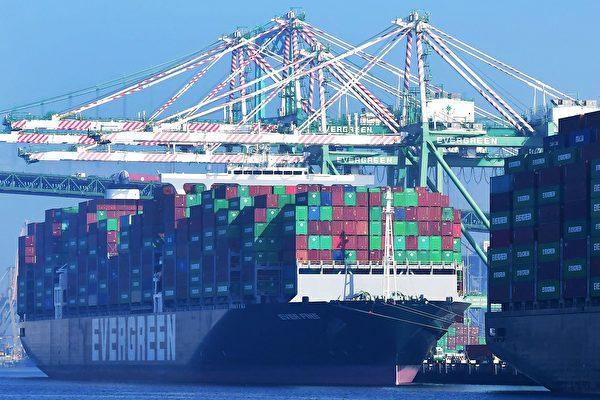The latest risk perception survey from the World Economic Forum (WEF) shows that the vast majority of respondents were either concerned or worried about the outlook for the world, with the international agency warning that the lack of optimism threatens to fuel “a vicious cycle of disillusionment and social unrest.”
According to the Global Risks Perception Survey (GRPS), which is part of the WEF’s most recent Global Risks Report (pdf), a whopping 84 percent of respondents expressed pessimism about the world outlook, with 23 percent saying they’re “worried” and 61.2 percent saying they’re “concerned.” Just 3.7 percent said they’re “optimistic” and 12.1 percent expressed a “positive” view about where the world is heading in the near future.





